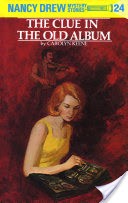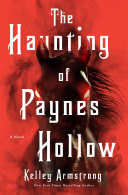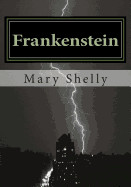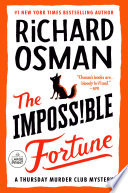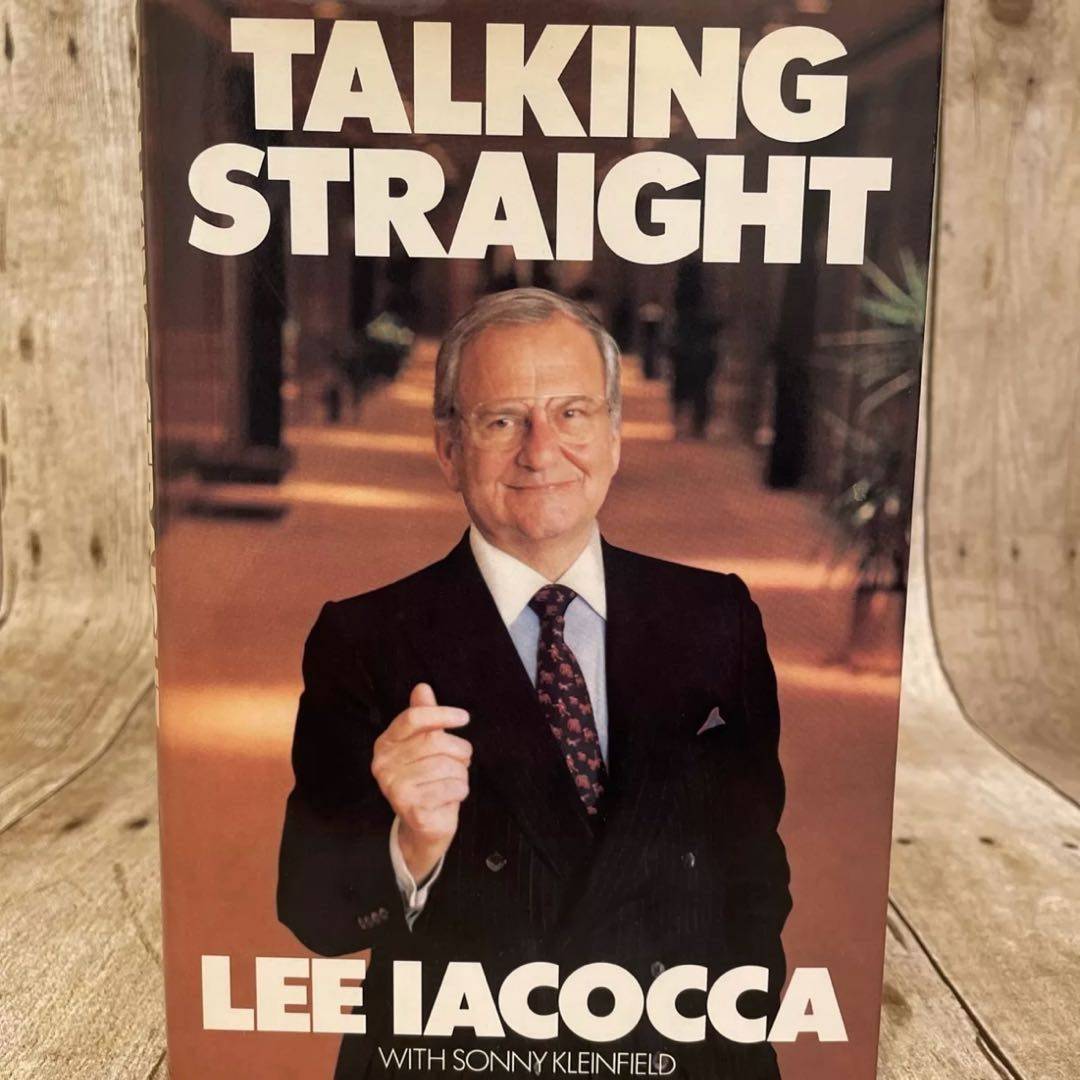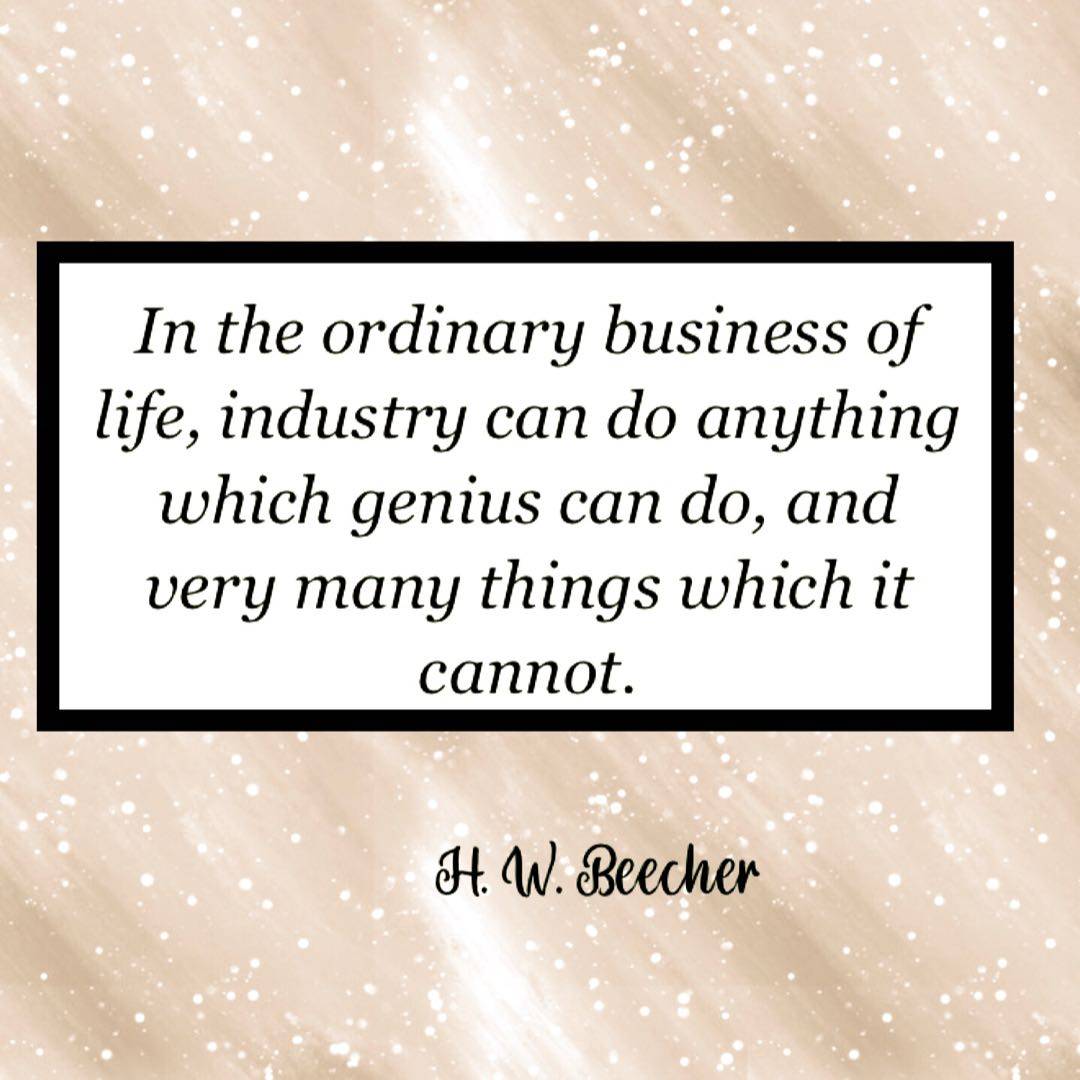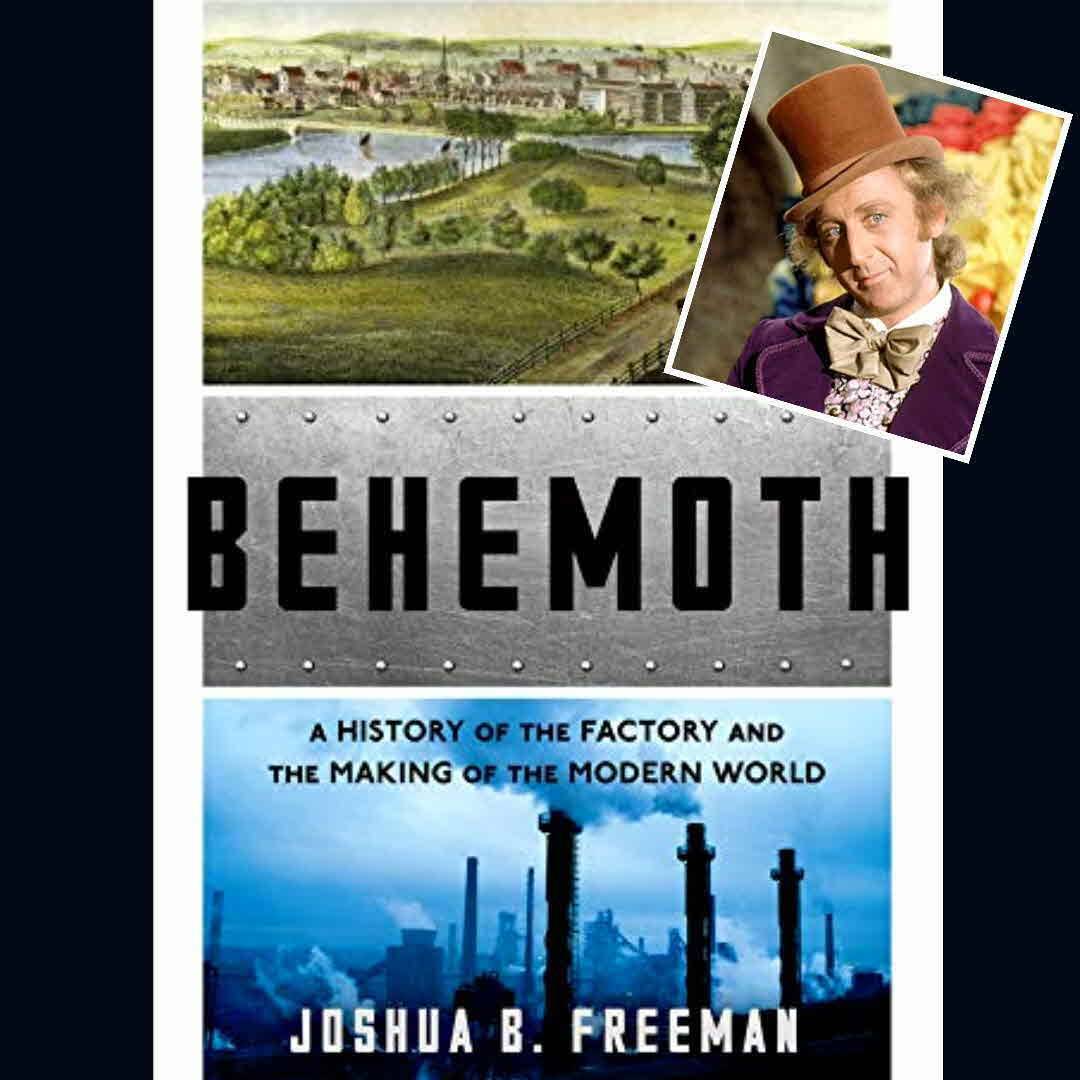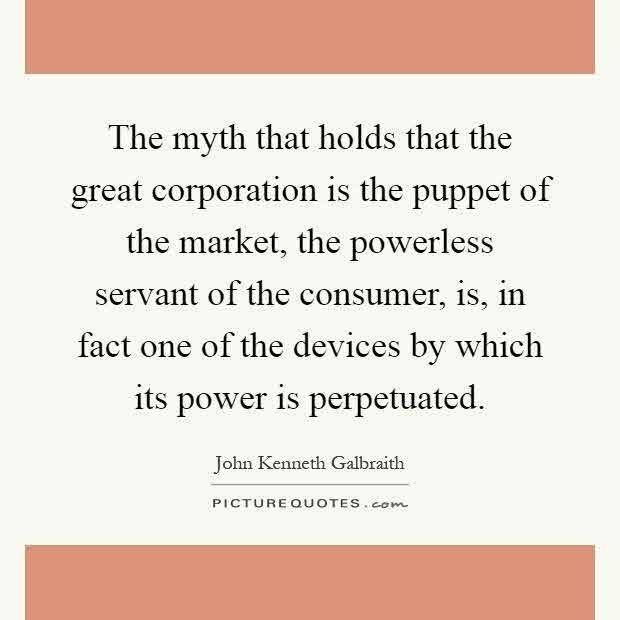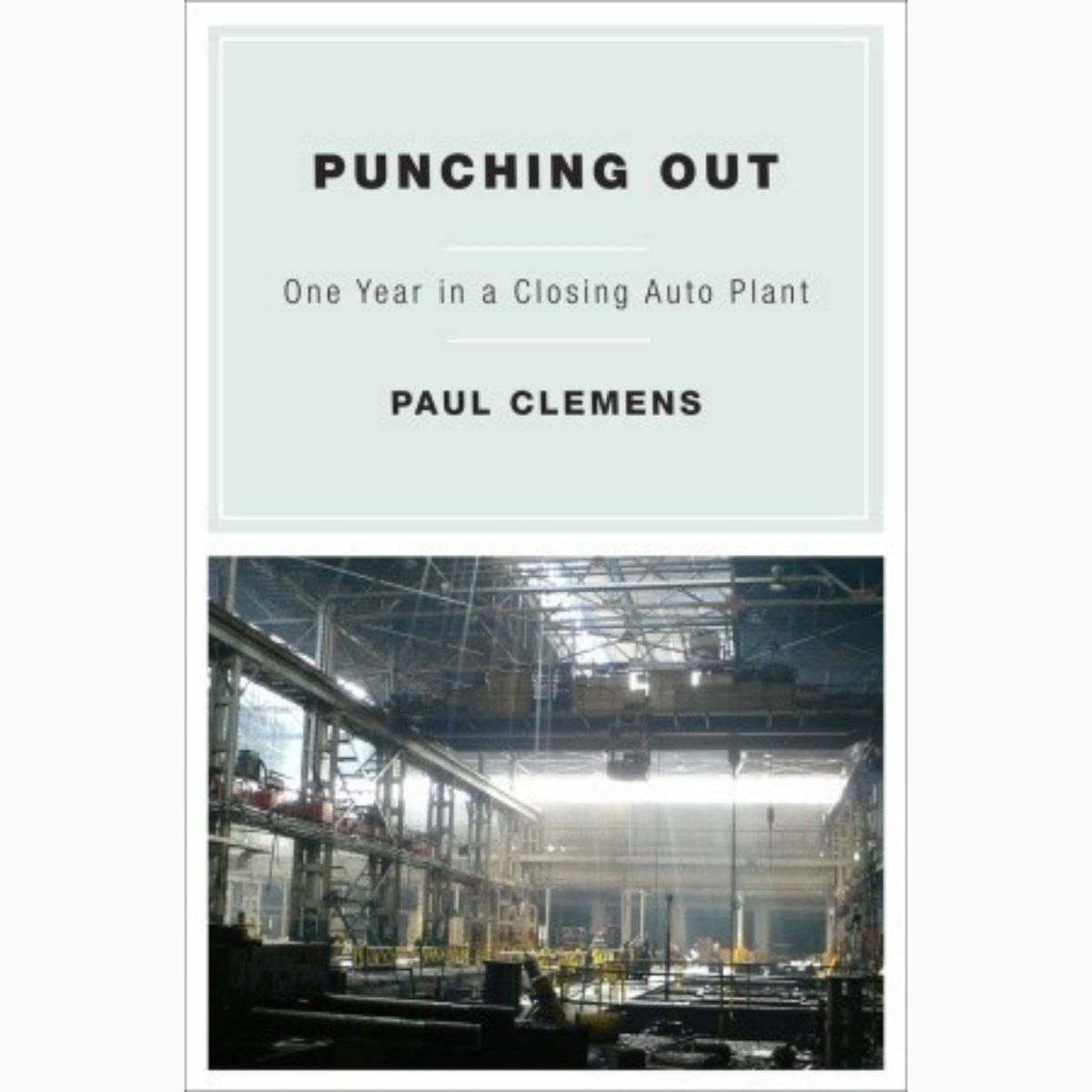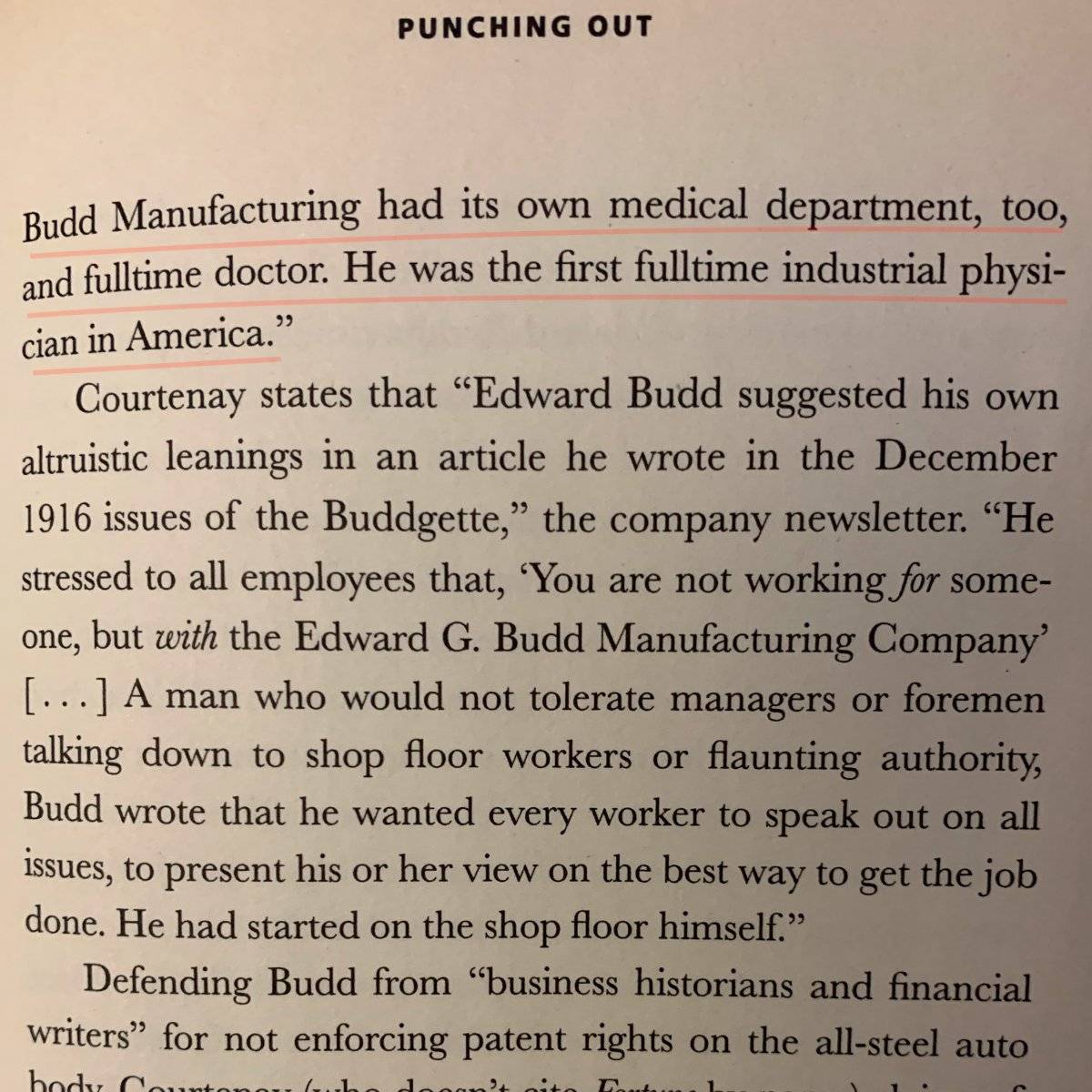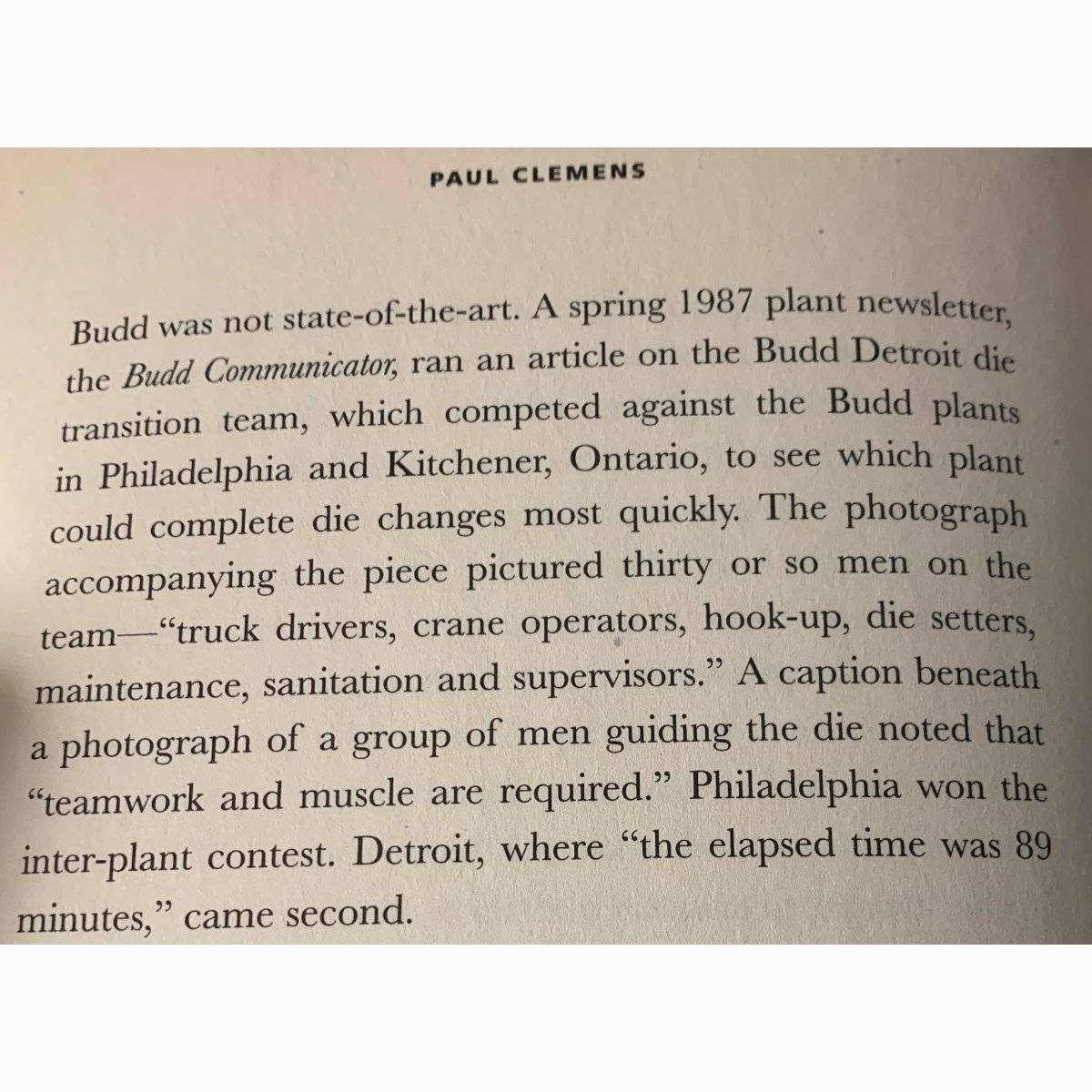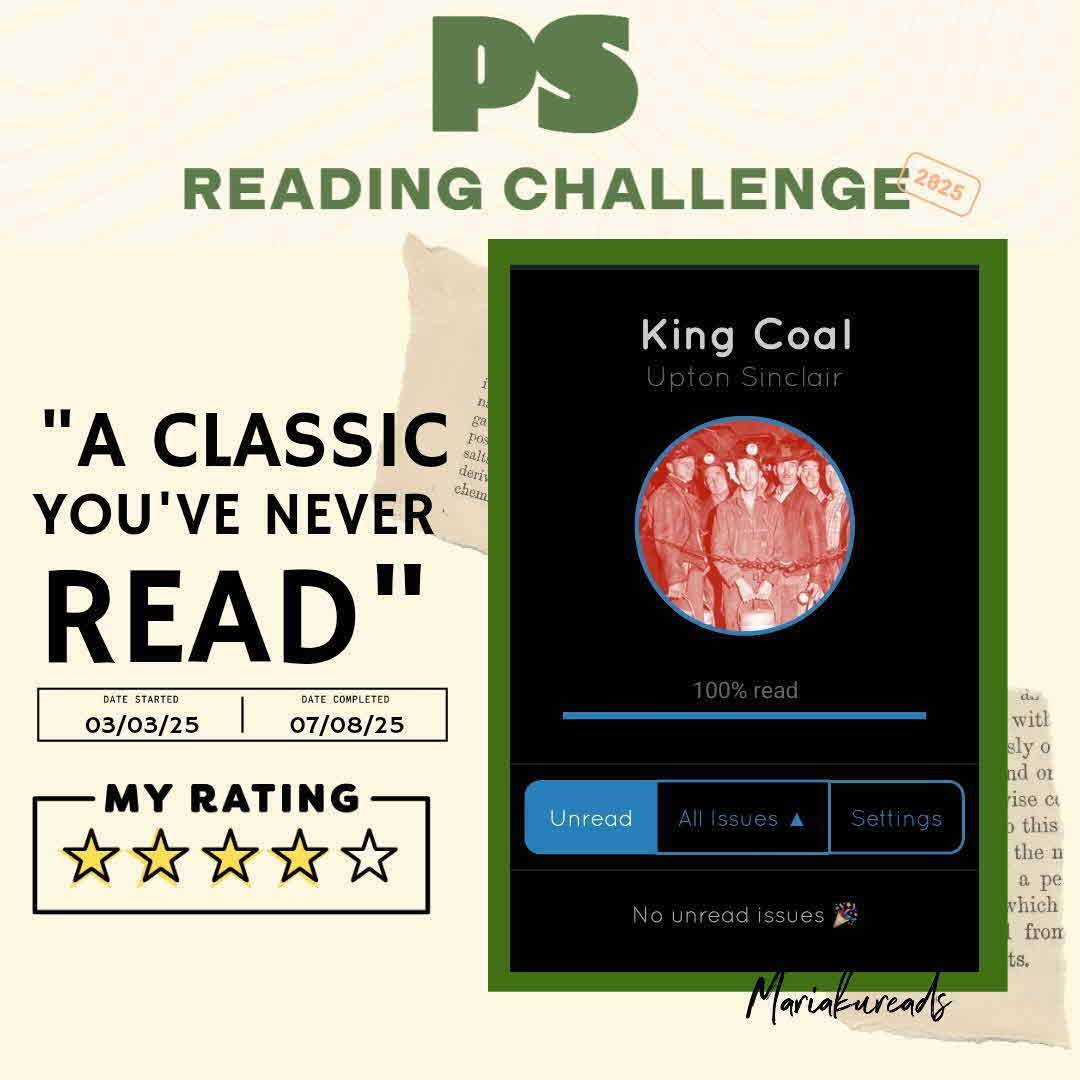
This was full of grit, woe, and exploitation as the book depicts the rigged politics that keep corporations in power at the moment expense of the low working class, in this case, immigrants who came to the US for the American dream just find themselves covered in dirt and coal dust like much of their dreams.
It's crazy how although this book was originally written in 1917, a lot of it still pertains today.
#popsugarreadingchallenge







